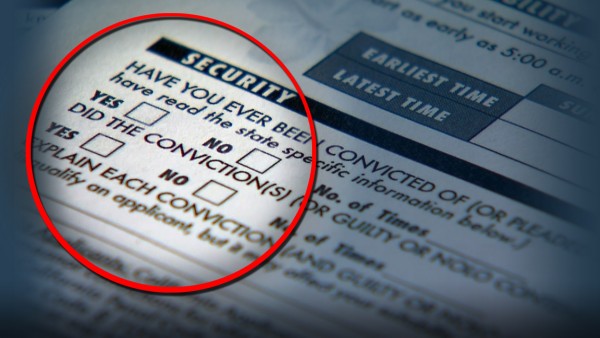
Conservative and liberal legislators alike are calling for criminal justice reform. Last November, President Obama proposed a “ban the box” initiative that prevents federal agencies from inquiring about an applicant’s criminal history during the initial stages of the hiring process. The plan mirrors similar policies in over 100 U.S. cities that seek to reduce employment discrimination against people with criminal records and alleviate the socioeconomic burdens they often face as they reenter the job market. Social science highlights the scope of this problem and how ban the box policies may help.
Employers often dismiss applicants with criminal records, which disproportionately affects black men. A Milwaukee study revealed employers contacted only 5% of black men who disclosed a record; even black men without a criminal record were less likely to receive a callback than their white male peers with a criminal record. Thus, even in the absence of criminal background checks, employers may use racial indicators, education levels, and gaps in employment to evaluate potential criminality among job applicants.
- Devah Pager. 2007. MARKED: Race, Crime, and Finding Work in an Era of Mass Incarceration. Chicago, IL: University of Chicago Press.
- Harry Holzer, Steven Raphael, and Michael Stoll. 2006. “Perceived Criminality, Criminal Background Checks, and the Racial Hiring Practices of Employers,” Journal of Law and Economics 451-480.
Among candidates with a record, employers may consider the severity of the crime, the time since the crime was committed, and the outcome of the crime. Felony crimes and convictions appear to create the most barriers, while job applicants with misdemeanor arrests face lower hurdles. Since interviews with employers show that making personal contact with job applicants can help overcome the negative effects of a criminal record, “ban the box” measures that delay consideration of the criminal record until the interview process could make a real difference in individuals’ job prospects.
- Chris Uggen, Mike Vuolo, Sarah Lageson, Ebony Rhuland, and Hilary K. Whitham. 2014. “,The Edge of Stigma: An Experimental Audit of the Effects of Low-Level Criminal Records on Employment.” Criminology 52(4): 627-654.

Comments